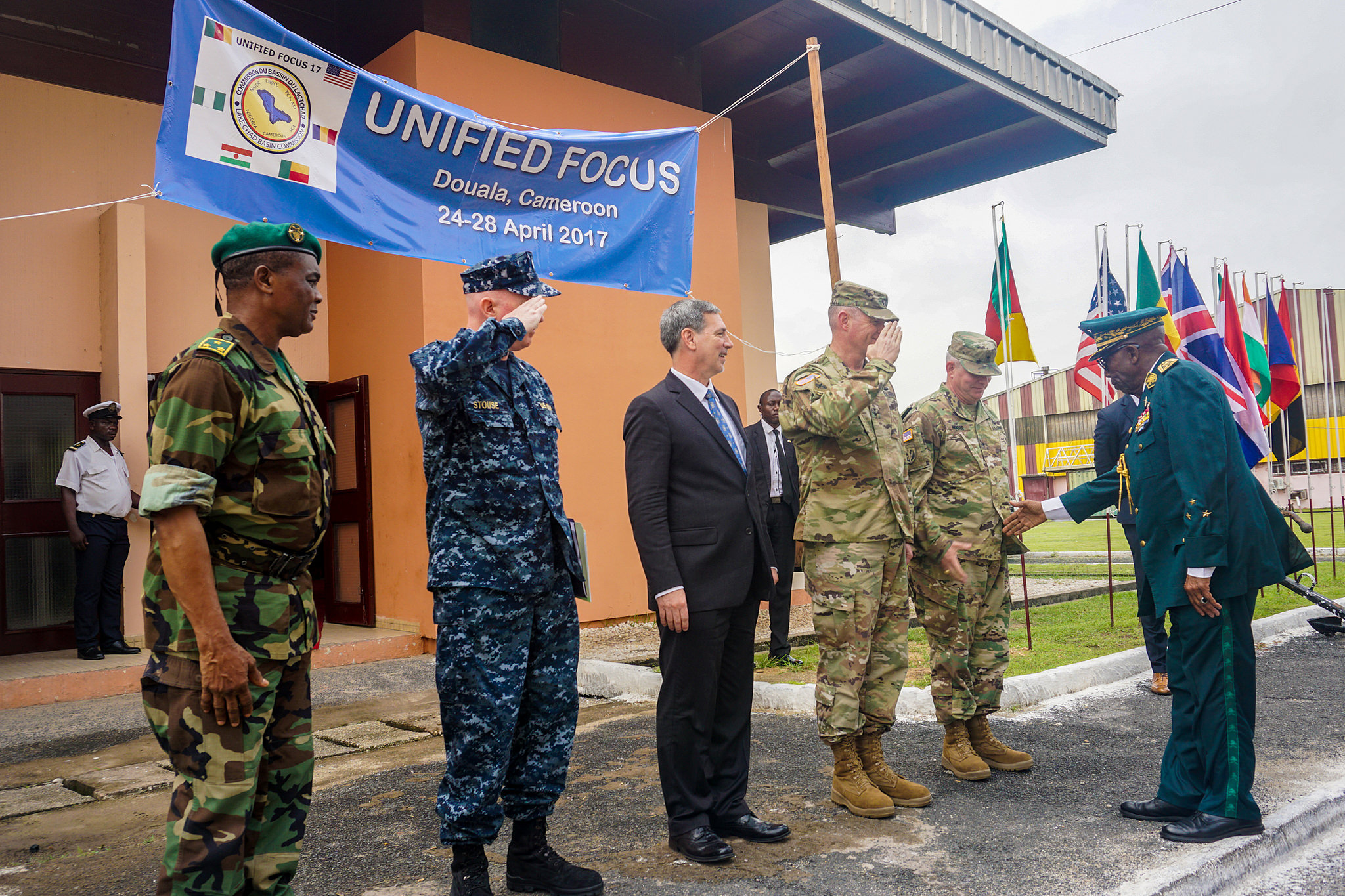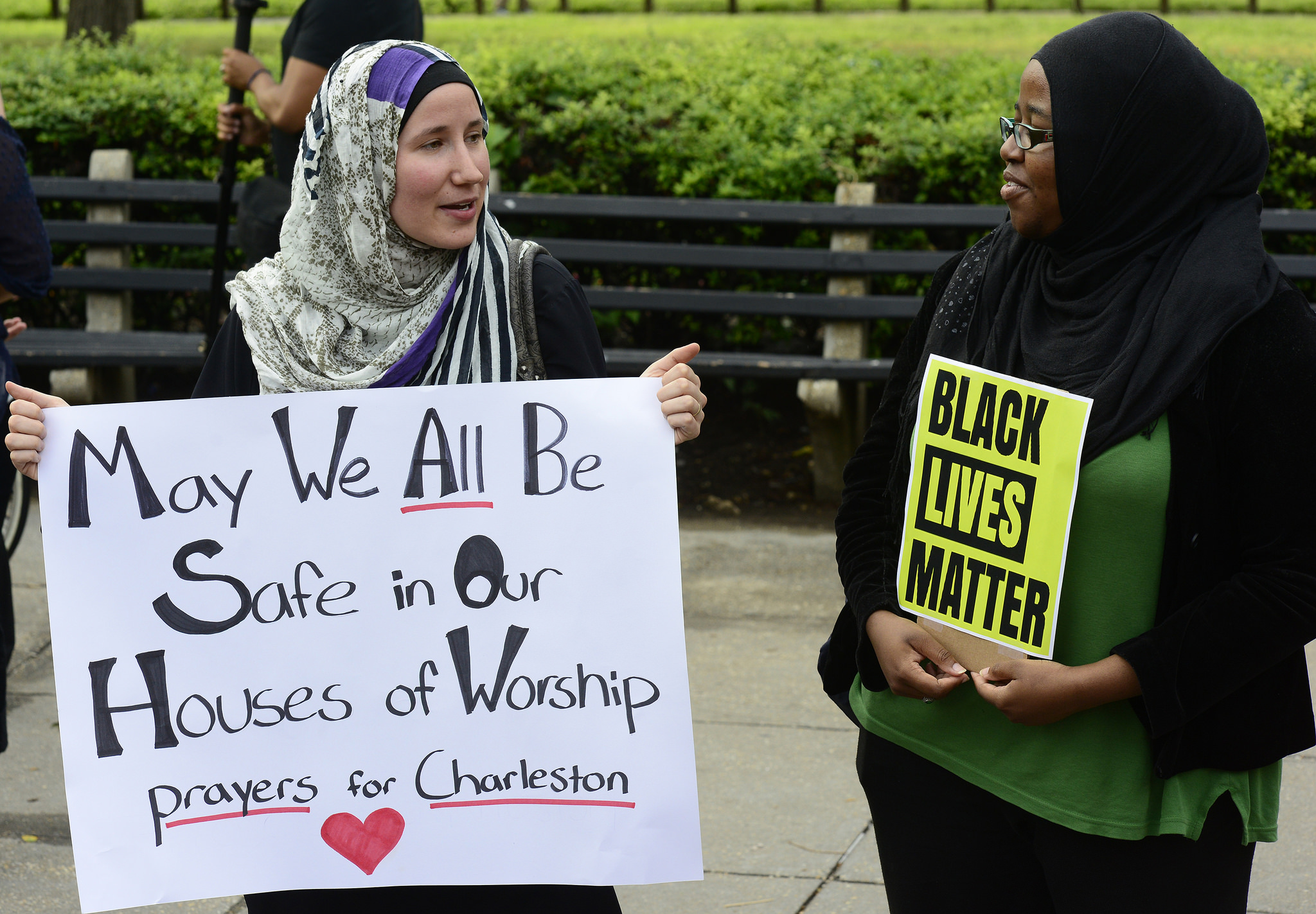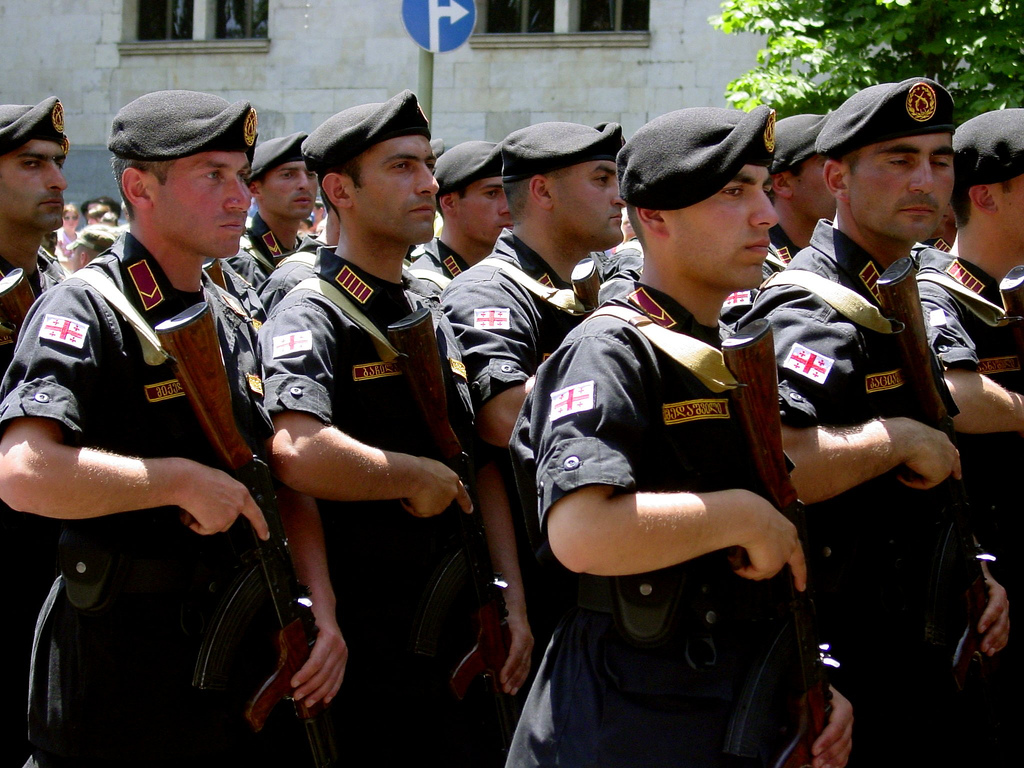Guest post by Gray Barrett and Patrick Pierson.
As the influence of ISIS wanes in the Middle East, many experts are looking towards Africa as the next battleground in the global fight against jihadist extremism. The call for enhanced counterterrorism efforts across the continent has been echoed by both African heads of state and foreign officials, including US Secretary of Defense Jim Mattis and French President Emmanuel Macron. And while ratcheting up the scale and sophistication of military efforts is needed, simply scaling up the number of guns and fighters in the region is not enough. Here’s why.
In many respects, the staying power of ISIS in Iraq and Syria—while it lasted—was not based on overwhelming military power. Instead, the group exploited citizens’ longstanding grievances against their respective governments, instituting their own version of law and order that often surpassed that of the state. Even among individuals that opposed ISIS’s ideology, the group resonated due to its (comparably) more effective and efficient governance – in the words of one Syrian man in ISIS-controlled territory, “…its (ISIS) courts are fairer than the regime courts, and the judges are not influenced by favoritism or bribery.” The implementation of judicial services was part of a larger governance project that included humanitarian services, education, infrastructure improvements, policing of petty crime…even running bread factories to help subsidize food provision to its constituents. In short, efforts to establish a state require more than just recruiting fighters and sourcing weapons. ISIS recognized this, exploited it, and—as a result—was able to institute a ‘state’ that proved particularly difficult to uproot and displace.
Not surprisingly, other groups have taken note of ISIS’s success and are building governance operations into their modus operandi. Take, for example, the growing success of the Islamic State-West Africa (ISWA), a militant group challenging the primacy of Boko Haram in the Lake Chad basin, an area long neglected by governments in the region. Originally affiliated with Boko Haram, ISWA split from the group in 2016 over ideological differences—ISWA wanted to engage, rather than target, civilians, a stark departure from Boko Haram leader Abubakar Shekau’s unrelenting brutality towards civilians. Since the split, ISWA has proved adept at winning the allegiance of local constituents, providing seeds and fertilizer to citizens and protecting pastureland for herders. The group is also providing locals with protection from Boko Haram, something the state has been incapable (or unwilling) to consistently provide over the past decade. This citizen-friendly approach, mirroring the strategy of ISIS in Iraq and Syria, has analysts concerned that ISWA may present a more credible long term threat than Boko Haram…a scary prospect considering Boko Haram is now in its eighth year of operation, has killed tens of thousands of civilians, and displaced millions.
While ISWA’s governance strategies are focused on eliciting local support and may appear relatively benign, its military operations pose a serious threat to state security forces that rivals that of Boko Haram. Just last month, a military base in Nigeria’s Borno state—a longtime stronghold of Boko Haram—was overrun by Islamist fighters. Nigerian forces in the region had received intelligence suggesting that terrorists were planning an attack on the new forward operating base and promptly called for reinforcements. A few hours later, a number of Nigerian military trucks filled with uniformed soldiers approached the compound and were greeted expectantly by soldiers at the outpost. Within minutes, chaos broke out—the ‘reinforcements’ were members of ISWA, a fact that Nigerian officials deny but one supported by numerous Western intelligence outlets. The point is clear—ISWA’s governance strategies don’t necessarily dampen its military capabilities, but may actually make them more effective and sustainable.
Militant organizations aren’t the only ones taking note of the possible benefits of engaging peacefully with civilians. The focus on governance by non-state actors (NSA) is growing among both scholars and policymakers, providing academics with an opportunity to provide relevant—and much needed—policy insight into real-time challenges in the Lake Chad basin and across the globe. While much of the early work on NSA service provision focused on goods as a means for soliciting recruits, recent research has provided insights into a much wider range of topics—what drives groups to adopt a service provision approach? can terrorist organizations successfully establish a ‘social contract’ with civilians under their control? what is the relationship between service provision and the capacity to conduct violence? does goods provision affect the success of negotiations between rebels and the government? what determines the nature of the relationship between rebels and civilians?
While these advances should not be undersold, the study of NSA governance remains largely in its infancy, and much work is left to be done. As the case of ISWA demonstrates, the global threat of terrorism isn’t leaving us anytime soon. If we’ve learned anything since September 11, 2001, it’s that military might alone is insufficient—at the end of the day, governance is a critical part of terrorists’ toolkit, and successful counterterrorism efforts must respond accordingly. Policy-relevant research on these topics is needed now as much as ever.
Gray Barrett is a PhD student in the Department of Political Science at Emory University. You can follow him on Twitter @graybarrett. Patrick Pierson is a PhD student in the Department of Political Science at Emory University. You can follow him on Twitter @plpierson.






